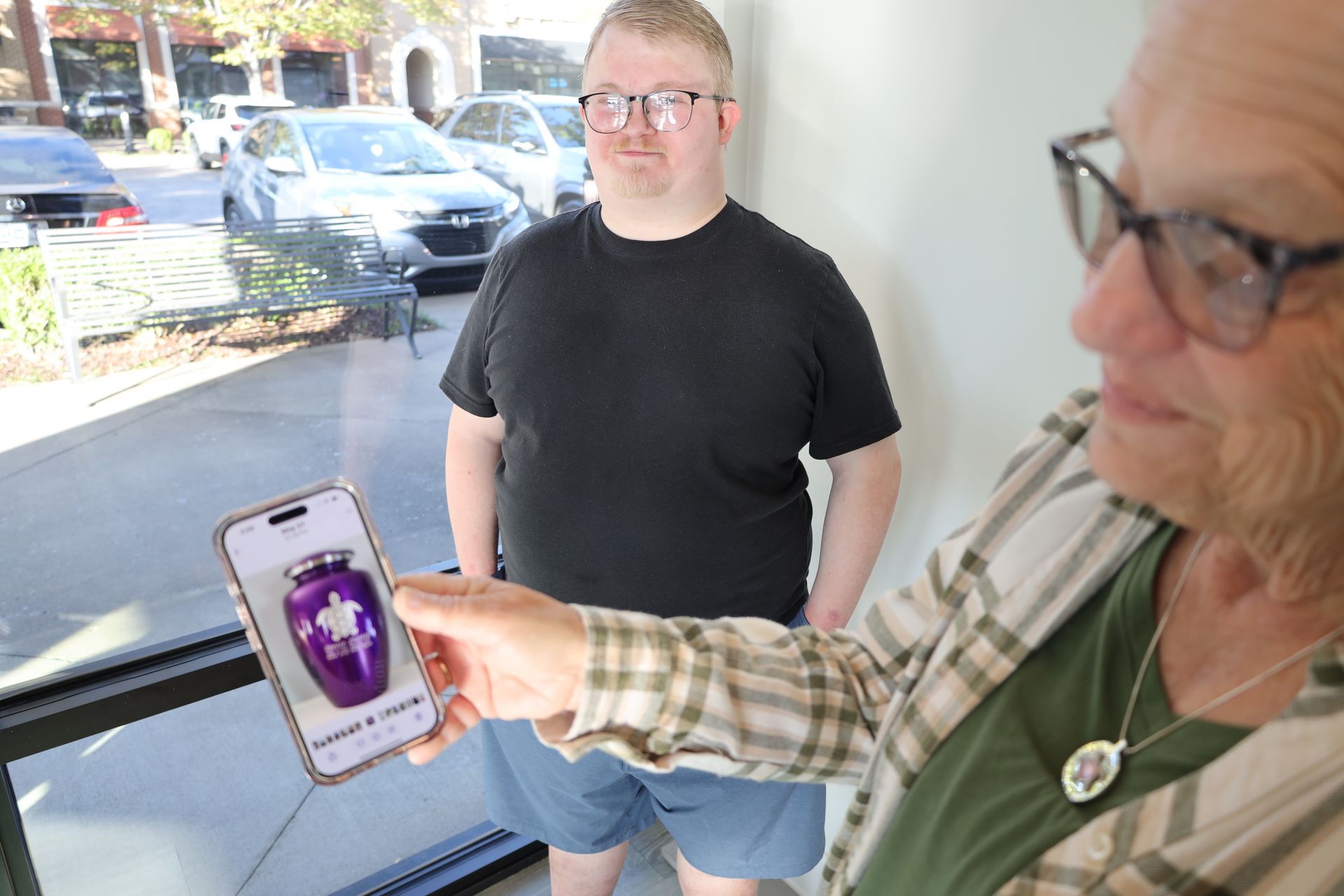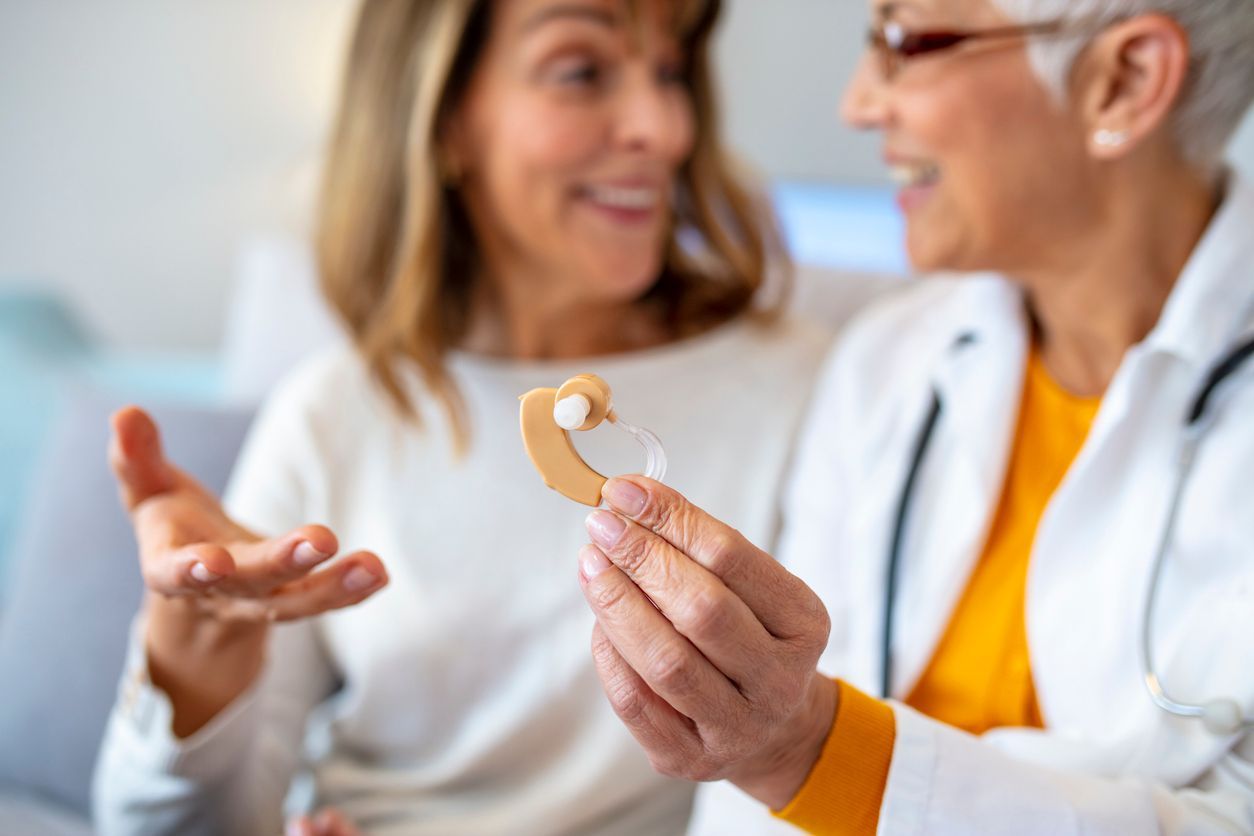Combating Hearing Loss: A Guide for Veterans

Not only are we celebrating our fathers this month, but June also marks Men’s Health Awareness Month. With our fallen heroes fresh our memories from Memorial Day, we want to ensure our veterans are making their health a priority, particularly their hearing.
How veterans and men face hearing loss
It may surprise you, but the most common medical problem faced by military veterans is actually hearing loss, according to AARP. The Department of Veterans Affairs has reported that veterans are 30% more likely to experience a “severe hearing impairment” and for those who served post-September 2001, they are four times more likely than non-veterans to suffer hearing loss or tinnitus.
The reason that veterans, in particular, are more prone to hearing loss and tinnitus is because of the extreme noise exposure that comes with the job. To keep us safe, our veterans are often in close proximity to gunfire, aircrafts, tanks, heavy equipment, and roadside bombs, according to AARP.
Also, men are more prone to hearing loss than women in general; typically, men participate in occupations and activities that introduce them to overly excessive noise as well, like construction, manufacturing, shooting firearms, and motorcycle riding, according to Healthy Hearing. Our male veterans are particularly susceptible to hearing loss and it is vital to learn how to identify this condition and treat it before it affects other aspects of their health.
How to identify hearing loss
It can be very difficult to identify if your hearing has been compromised, especially if it has diminished slowly over time. Fortunately, the CDC has compiled a list of 11 signs and symptoms to determine if you may have hearing loss that was caused by loud noises:
- Seemingly muffled speech and sounds
- Trouble hearing high-pitched sounds (birds, doorbell, telephone, alarm clock)
- Trouble discerning conversations in a busy place like a restaurant
- Trouble with understanding phone conversations
- Difficulty hearing the differences in consonants (F sounds like S; P sounds like T)
- Often asking others to slow their speech or to speak more clearly
- Often asking others to speak louder or repeat themselves
- Increasing the TV or radio volume
- Tinnitus or ringing in the ears
- Hypersensitivity or pain with specific sounds
How to get help
If you have experienced any of the symptoms above, have noticed a change in your hearing, or your friends or family have told you that your hearing may be impaired, it is time to get a hearing evaluation. Hearing tests are quick and painless and can identify problems that when treated can lead to an enormous improvement in your quality of life.
How to prevent further hearing loss
To prevent any future hearing loss, the CDC recommends avoiding excessive noise when possible or using earplugs, protective earmuffs, or noise-canceling headphones when it’s impossible to avoid, and keeping the volume down when using earbuds or headphones when listening to media.
An annual hearing evaluation is a quick and easy way to help in the prevention of other health complications that untreated hearing loss can potentially cause like dementia, falling risks, and other serious mental health concerns.
You have served us and our country, now let us at Johnson Audiology serve you by scheduling a hearing evaluation and hearing loss treatment, you deserve it.
Recent Posts



